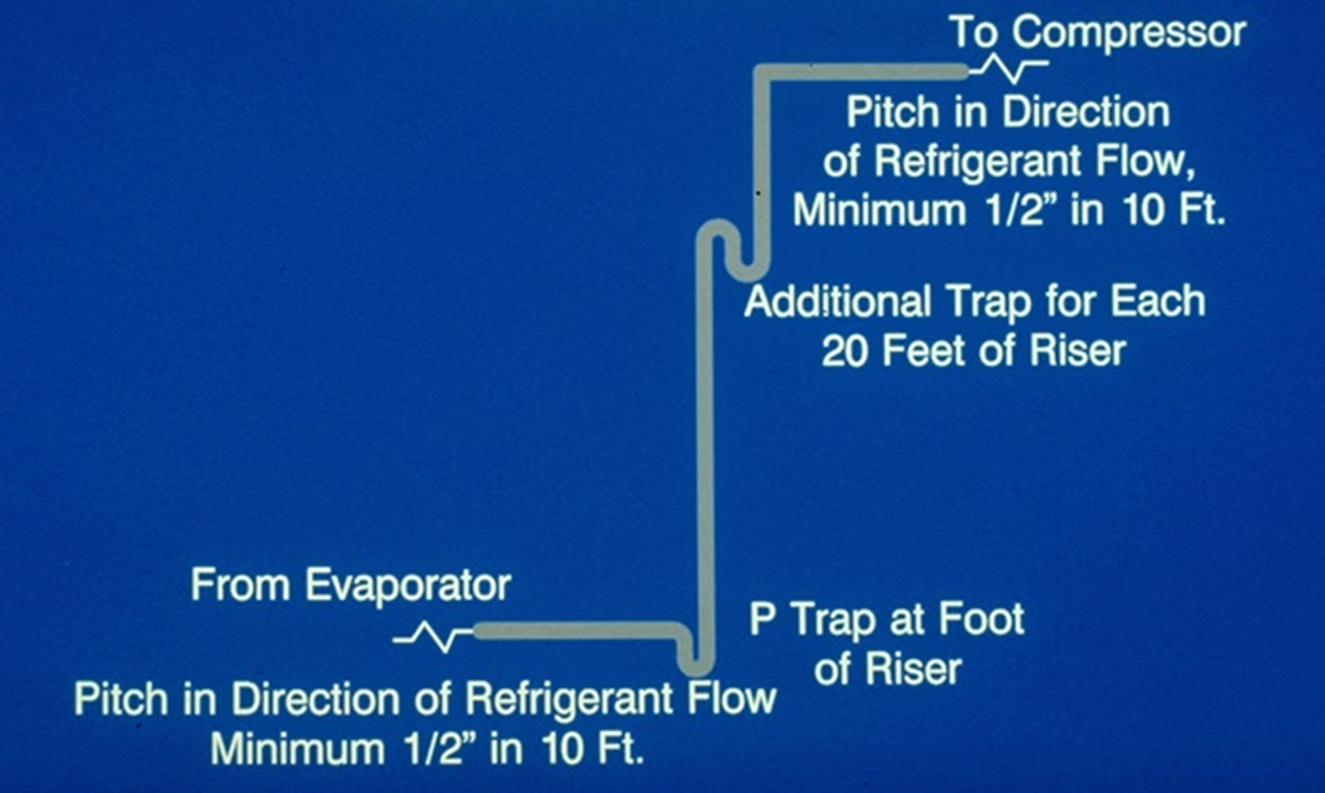Get Tech Tips
Subscribe to free tech tips.
Ball Bearing vs. Sleeve Bearing Motors

One aspect of motor selection that can get overlooked is motor bearings, and it can have big consequences.
Sleeve bearings are most common in residential and light commercial applications because they are less expensive and quieter. They don't have rolling “balls” but rather rely on a thin film of oil on metal sleeves.
Sleeve bearings work well when noise is a consideration and when the shaft load isn't high, which is especially true in residential direct-driven blower and condenser fan applications.
Ball bearings are the best choice when the motor is under greater shaft tension or when fan speed controllers are in place. These conditions are common in larger commercial and industrial applications, especially when the motor drives a belt that pulls on the motor shaft.
If you accidentally use a sleeve bearing in a situation where there should be a ball bearing, the motor will fail early.
If you use a ball bearing motor where there should be a sleeve bearing, it may be bothersome from a noise standpoint.
—Bryan










Comments
To leave a comment, you need to log in.
Log In